the industry has put in place for me. Measuring success on such a scale makes it unreachable, because it becomes a moving target, always leaving us feeling like we aren’t quite there yet. Even if we get to this place, the demand and toll it takes on us to achieve it and then attempt to maintain it, keeps us from actually enjoying the process in getting there.
While this drive for greatness can be fun and exciting and the birthplace of true innovation, the true heart and soul of what we do starts to fade into mirky waters. We start to see some of the best, some of those that embodied these ideals better than anyone, fall and crack under pressure, seeing the only way out involving a neuse around one's neck or having to choke down the neck of a revolver.
Why? Because of a Michelin star and the pressure that comes with such acclaim?
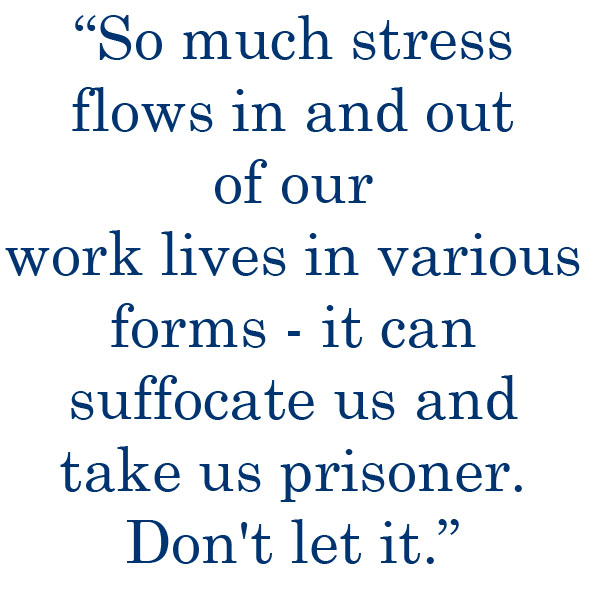 Like I said, I’ll never win a Michelin star and I’m okay with that. Though, whenever I step foot into the kitchen, tie an apron around my waist and button up the double breasted buttons of my chef coat, I make a commitment to myself to bring everything I have - this has always given me great satisfaction. It’s rooted in the fact that I’m growing more skillful in my craft, while also having the privilege of making people happy. That’s truly what it’s all about, whether you’ve got three Michelin stars, or you’ve got a three star average on Yelp — it’s about investing in the craft and making people happy.
Like I said, I’ll never win a Michelin star and I’m okay with that. Though, whenever I step foot into the kitchen, tie an apron around my waist and button up the double breasted buttons of my chef coat, I make a commitment to myself to bring everything I have - this has always given me great satisfaction. It’s rooted in the fact that I’m growing more skillful in my craft, while also having the privilege of making people happy. That’s truly what it’s all about, whether you’ve got three Michelin stars, or you’ve got a three star average on Yelp — it’s about investing in the craft and making people happy.
I think we’ve gotten pretty good at the first part of that equation — the art and skill of getting better at the craft. I think when stakes are high though, we start to lose sight of why we started in the first place, which is to make people smile, laugh and enjoy themselves, while taking a break from the crazy stressful world in which we all live. That’s what it’s all about and at the root of what we do.
As chef Thomas Keller said in The French Laundry Cookbook,
'When you acknowledge, as you must, that there is no such thing as perfect food, only the idea of it, then the real purpose of striving toward perfection becomes clear: to make people happy, that is what cooking is all about.'
Making people happy..... that includes the people we cook for, the people we cook with, and most importantly, the people each of us is becoming every single day, while working the stressful confines of a restaurant kitchen. We need to make ourselves happy first.
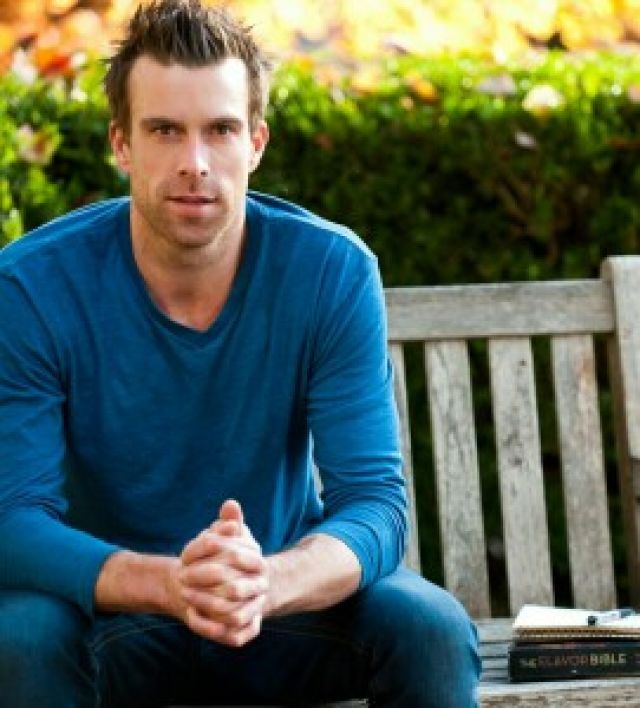 Chef Chris Hill left a job in the business world to follow his heart and passion into the world of cooking and the kitchen. Chris opened his first restaurant at 28 and grew into the role of executive chef.
Chef Chris Hill left a job in the business world to follow his heart and passion into the world of cooking and the kitchen. Chris opened his first restaurant at 28 and grew into the role of executive chef.
Having taken his experiences in the corporate world, as well as those in the kitchen, Chris has built a large social media following centered around TV appearances all over the Southeast U.S., his writing, TEDx talks, and his mission of helping industry workers to lead fulfilling, successful careers.
Chris' first book comes out in the Summer of 2016 and is a dive into what makes for a successful career in the restaurant world, and includes exclusive interviews with some of the world's leading and most respected chefs.
You can follow Chris on Facebook, Twitter and Instagram, and read more of his work here.


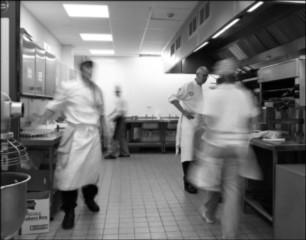 I’m not going to pretend like I understand what might be going through anyone’s head, especially in their last moments amid a suicidal struggle. It has to feel overwhelming. Excruciating.
I’m not going to pretend like I understand what might be going through anyone’s head, especially in their last moments amid a suicidal struggle. It has to feel overwhelming. Excruciating.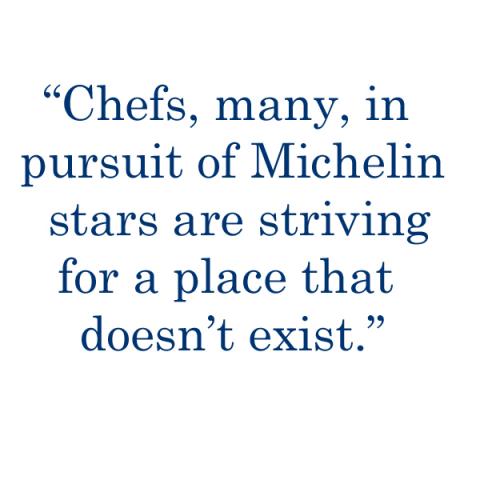 We show up, give everything we have by committing ourselves to being the best we can every day. That, alone, is a good enough reason to be proud, but much of the restaurant industry is a tangled web of sorts — spun from a place that’s still trying to find itself. It leaves many of us disappointed, some broke as well, while others, pay the biggest price of all with their lives.
We show up, give everything we have by committing ourselves to being the best we can every day. That, alone, is a good enough reason to be proud, but much of the restaurant industry is a tangled web of sorts — spun from a place that’s still trying to find itself. It leaves many of us disappointed, some broke as well, while others, pay the biggest price of all with their lives.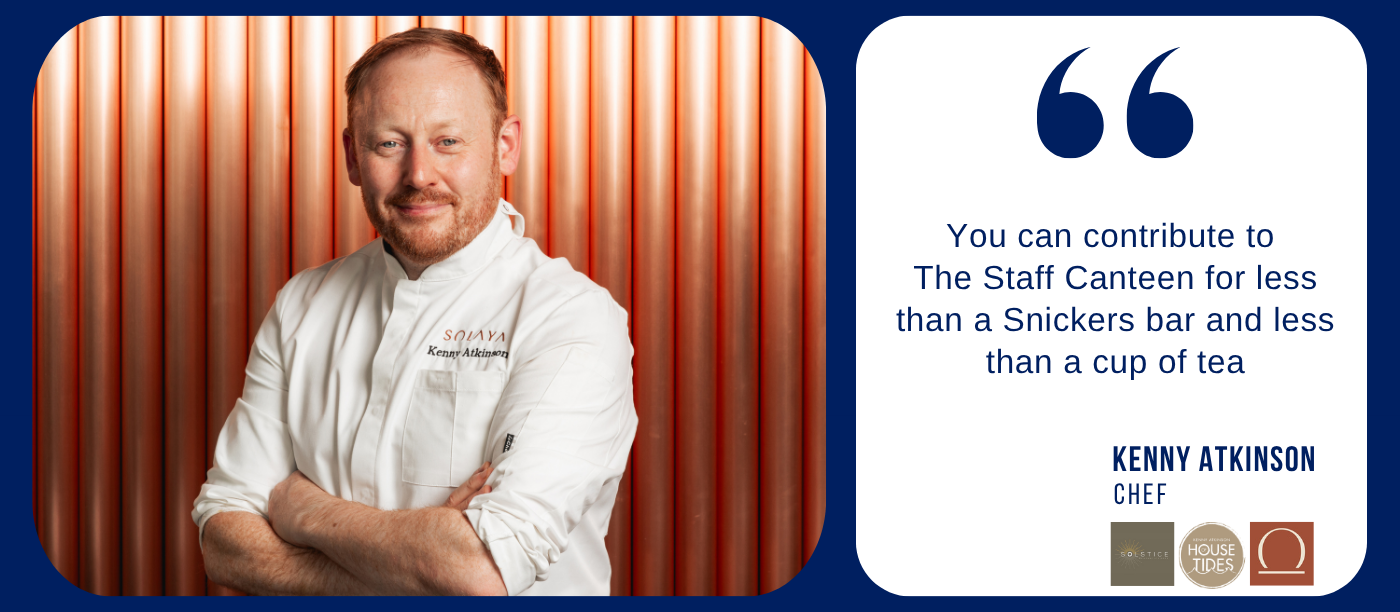
 Like I said, I’ll never win a Michelin star and I’m okay with that. Though, whenever I step foot into the kitchen, tie an apron around my waist and button up the double breasted buttons of my chef coat, I make a commitment to myself to bring everything I have - this has always given me great satisfaction. It’s rooted in the fact that I’m growing more skillful in my craft, while also having the privilege of making people happy. That’s truly what it’s all about, whether you’ve got three Michelin stars, or you’ve got a three star average on Yelp — it’s about investing in the craft and making people happy.
Like I said, I’ll never win a Michelin star and I’m okay with that. Though, whenever I step foot into the kitchen, tie an apron around my waist and button up the double breasted buttons of my chef coat, I make a commitment to myself to bring everything I have - this has always given me great satisfaction. It’s rooted in the fact that I’m growing more skillful in my craft, while also having the privilege of making people happy. That’s truly what it’s all about, whether you’ve got three Michelin stars, or you’ve got a three star average on Yelp — it’s about investing in the craft and making people happy. Chef Chris Hill left a job in the business world to follow his heart and passion into the world of cooking and the kitchen. Chris opened his first restaurant at 28 and grew into the role of executive chef.
Chef Chris Hill left a job in the business world to follow his heart and passion into the world of cooking and the kitchen. Chris opened his first restaurant at 28 and grew into the role of executive chef.









